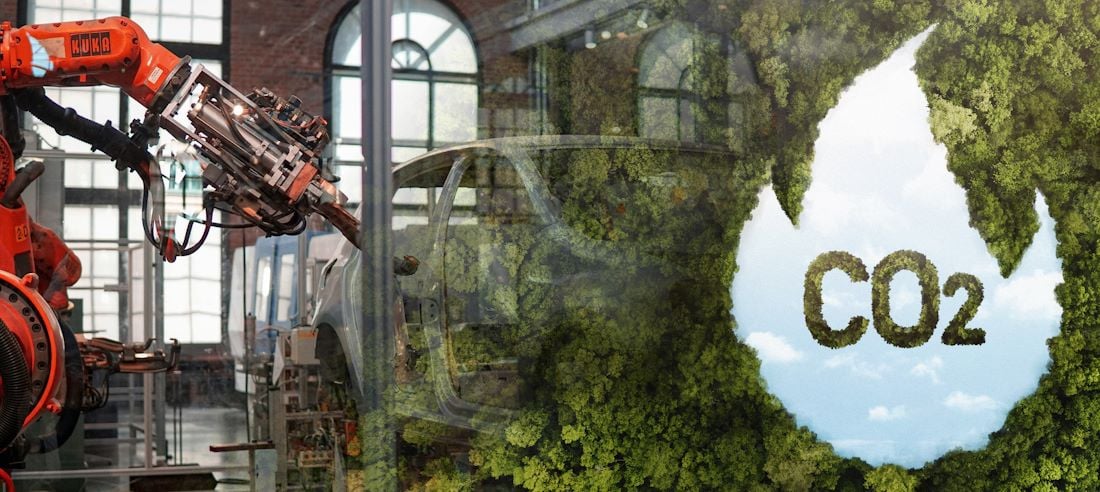It is no secret, that the Earth’s resource base is on a declining track. In the 1970s, the Club of Rome started to rivet public attention towards “natural resource restrictions” – we all remember the legendary “limits to growth” (also see its 30-year update [PDF]), a corner stone of sustainable development. Some of the well-established industrialized countries have become a little greener since then. However, in the course of the last 20 years, a number of emerging economies joined us in their hunger for raw materials. As a consequence, we face an increase of resource scarcity. Economically speaking, this is why businesses all around the globe face a significant increase in material costs. Adding to this, environmental awareness starts to make its way to the mainstream, so more and more customers call for a greener way of production.
Increase Resource Efficiency
Both of the above mentioned aspects – increase of resource prices, and rising environmental awareness – have to be faced now. One cheap and promising path that solves both issues is the increase of resource efficiency. Efficiency, yes, the infamous input/output relation. So, a more efficient process either achieves the same production with less input, or increases the production while sticking to the same input.
Adapting to Legislation Changes
As mentioned above, there is a noticeable shift towards a more sustainable economy in many industrialized countries. This shift, e.g. in Europe, comprises a change in legislation. Many EU directives oblige the member states to tighten their national laws for the benefit of the environment. I mentioned the energy efficiency directive in an article published five weeks ago, for instance. Today, I want to take the waste framework directive from 2006 as an example, which is said to be ratified in Germany this year. It is expected that by reforming the “waste cycle law” from 1996 (Kreislaufwirtschaftsgesetz), Germany matches the EU requirements.
Transforming Material Flows in SMBs
Changes in legislation challenge each company in a different way. Multinationals and large corporations very likely come to know these changes well in advance. But what about small and medium sized businesses (SMBs)? How can they transform their material flows, how can they prepare for strict material management laws?
One approach that definitely makes sense is the consideration of a waste treatment hierarchy. The following image is a visualization of the waste hierarchy mentioned in the waste cycle law from Germany.
Follow the Waste Hierarchy
Above all, the measure that saves you the most money, and saves the environment the most pollution, is the avoiding of waste. A process without waste is 100% efficient. Seems crazy? Well, this is exactly what Toyota’s lean manufacturing or six sigma is about! But you don’t need to go this far. Start to think your processes and material flows through thoroughly. It might also help to visualize them, e.g. by applying a process optimization software like umberto. Second, reusing the waste as such saves all the energy for recycling. Which leads us to the third point: recycling. When you don’t have the possibility to recycle your own materials (closed loop recycling), explore ways to make your waste useful. Other companies can maybe recycle it in a different process (open loop).
Disposal of Waste only Ultimate Mean
When all of these alternatives lack feasability, there is still an alternative to the disposal. Instead of lowering your budget and increasing your process’s emissions (which sums up the main consequence of disposing waste), you may think of utilizing the waste, e.g. by gaining energy or heat through incineration.
Article image is based on a photo by wildxplorer, showing the Kudremukh national park in India, and the blue sky by shaire productions.![]()






